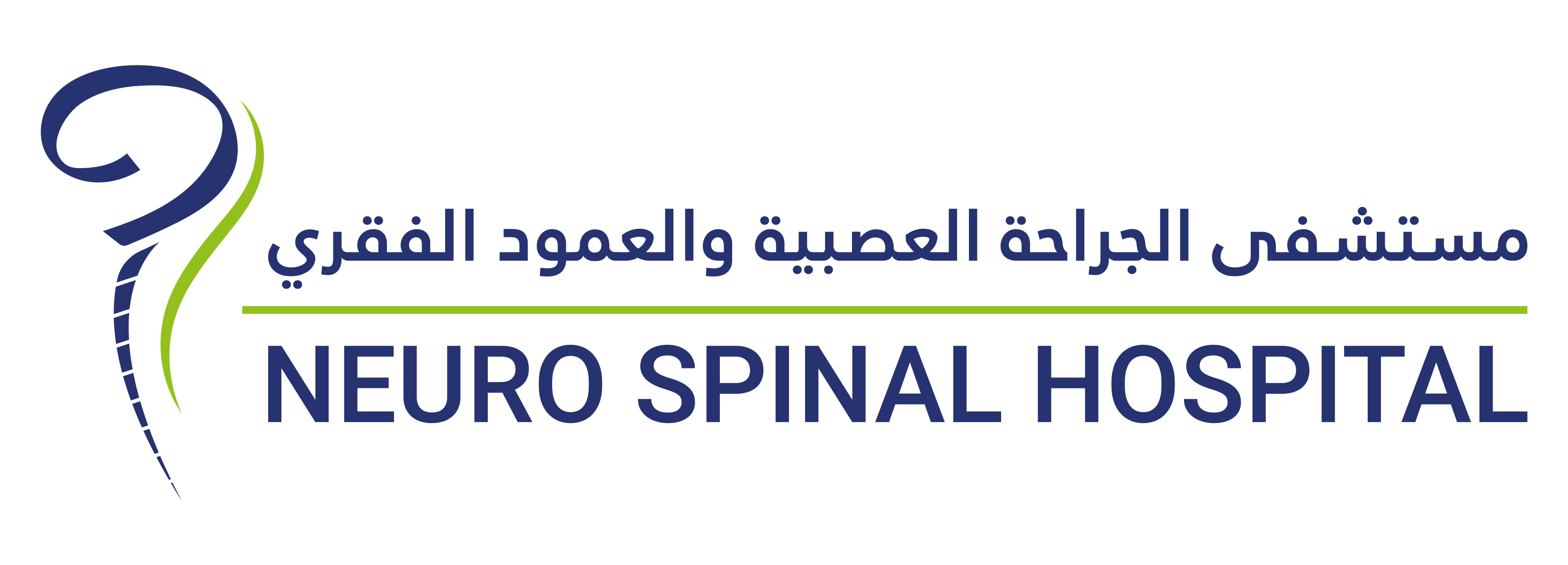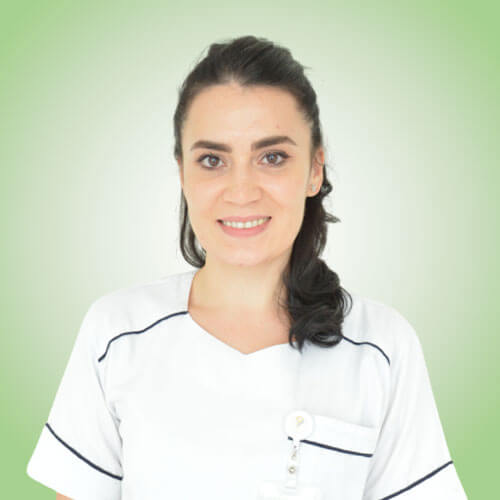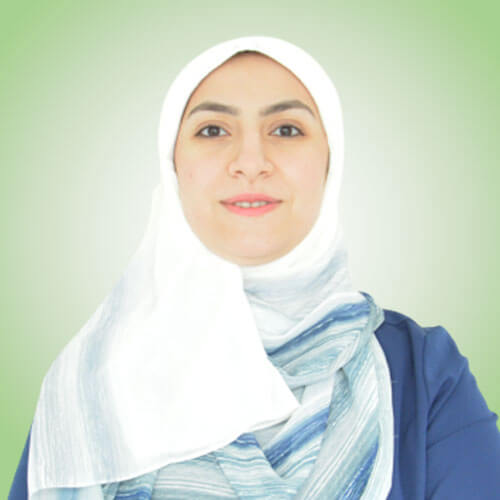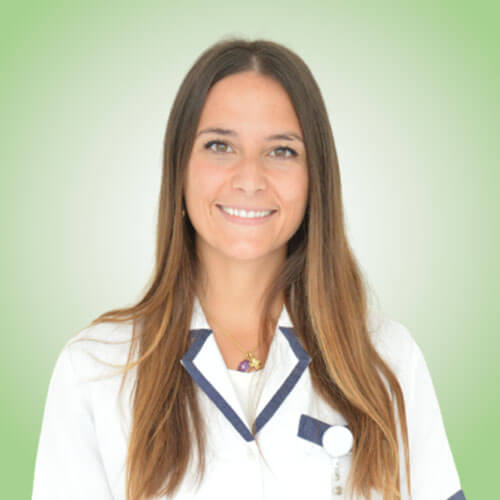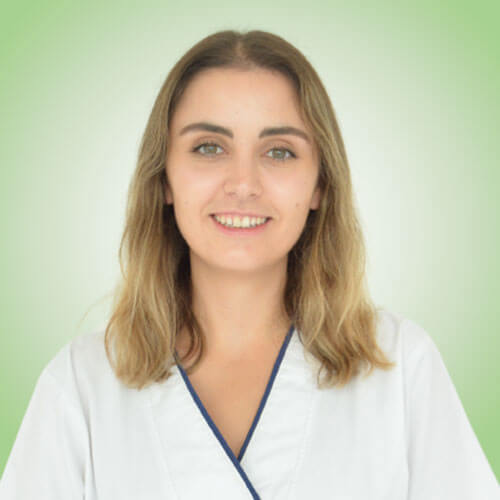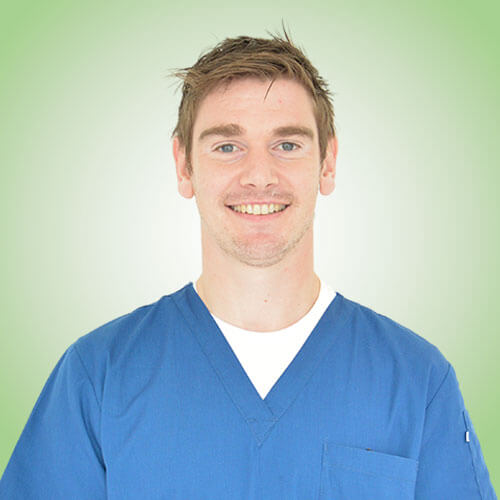How can a Speech and Language Therapist (SLT) help you?
- An SLT will screen for the presence of communication and swallowing disorders.
- If suspected, an SLT will carry out detailed assessment using clinical observation and standardized test materials and will reach a possible diagnosis.
- Based on the diagnosis, the need for Speech and Language Therapy is determined, and planned based on the individual need.
How long do I have to attend Speech and Language Therapy?
- Well, the answer for this question depends on each individual and his/her condition. Some needs few sessions of therapy whereas some others will need an extended period of intensive therapy. It is not possible to state a specific date for the discharge from the therapy since the progress depends on different factors. But there are few factors found to be beneficial in predicting the course of therapy in terms of progress. Few among these factors are age, severity, extent of lesion, motivation, associated conditions.
When do you need a Speech Language Pathologist (SLP) a.k.a Speech and Language Therapist (SLT)?
- You can consult a Speech Language Pathologist/Speech and Language Therapist if you are struggling with any kind of communication disorders or swallowing disorders. Communication and/or swallowing difficulties can result from different disorders which can be neurogenic or non-neurogenic disorders. You could be born with it or acquire it in any time during your lifespan. Communication disorders in children often results from Developmental Language Disorder (DLD), Autism Spectrum Disorders (ASD), Cerebral Palsy, Intellectual Disability, Hearing Loss, or from syndromes like Down Syndrome. In adults, it can be acquired after neurological conditions like stroke, Parkinson’s Disease, Dementia, Multiple Sclerosis etc. or from other reasons (after surgeries). Speech and language issues are sometimes early signs of some disorders. Other categories of communication disorders include fluency disorders, voice disorders and articulation disorders. You could also seek help from a Speech and Language Therapist when you are having difficulty in swallowing different food items.
Speech therapy can help people with the following conditions:
- Aphasia
- Apraxia
- Dysarthria
- Stuttering
- Voice disorders
- Swallowing disorders
- Neurogenic communication disorders resulting from:
- Stroke
- Traumatic Brain Injury
- Parkinson’s disease
- ALS
- MS
- Autism Spectrum Disorders
- Speech Sound Disorders
- Cerebral Palsy
- Hearing Impairment
- Others

